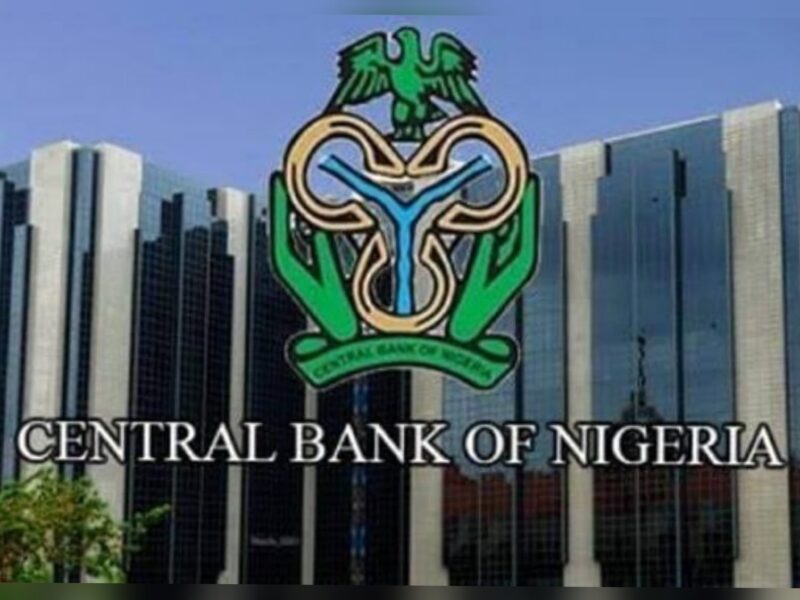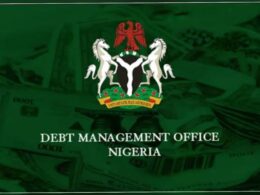Friday’s OMO auction serves as a clear signal that the CBN remains committed to using market-based tools to manage liquidity. High-yield OMO bills enable the apex bank to absorb surplus cash, influence short-term interest rates, and contain inflationary expectations ahead of critical policy decisions.
Abuja, Nigeria – The Central Bank of Nigeria (CBN) have successfully raised N1.008 trillion at its latest Open Market Operations (OMO) auction on Friday, April 25, 2025.
The auction, initially targeting N500 billion, witnessed a remarkable 102% oversubscription as investors scrambled to lock in high-yield returns.
The bulk of the investor demand was directed at the longer-term 319-day bill maturing on March 10, 2026. Bids for this instrument surged to N1.062 trillion—over four times the CBN’s N250 billion offer. Eventually, the central bank allotted N688.30 billion at a stop rate of 22.73%, with bid rates ranging from 20.39% to 23.75%. Similarly, the 298-day bill maturing on February 17, 2026, attracted bids worth N329.54 billion, compared to the same N250 billion offer. N319.54 billion was allotted at a stop rate of 22.37%.
The overwhelming demand highlights investor sentiment that Nigeria’s elevated interest rates are likely to persist, prompting a rush to secure longer-dated, high-yielding assets. It also underscores the liquidity glut in the financial system despite the CBN’s aggressive tightening stance, including a record 50% cash reserve ratio (CRR).

The auction comes against the backdrop of Nigeria’s surging money supply. Fresh figures from the apex bank show that broad money supply (M3) expanded to N114.22 trillion in March 2025, a 24% increase year-on-year from N92.19 trillion recorded in March 2024. Month-on-month, M3 rose by 3.2%, up from N110.71 trillion in February.
While net foreign assets (NFA) soared by 38.9% to N45.17 trillion—signaling stronger external liquidity—net domestic assets (NDA) declined by 11.7% to N69.05 trillion. This mixed trend suggests that although domestic liquidity is being squeezed, foreign inflows are injecting significant cash into the system, complicating the CBN’s efforts to drain excess liquidity.
Persistently high inflation continues to trouble policymakers. According to the National Bureau of Statistics (NBS), Nigeria’s headline inflation climbed to 24.23% in March 2025 from 23.18% in February. On a month-on-month basis, inflation surged by 3.90%, more than double February’s 2.04% rise, driven largely by spikes in food prices, transport fares, and energy costs.
Despite a tight monetary policy environment—marked by a high benchmark interest rate of 27.5%—Nigeria’s excess liquidity remains resilient, feeding into stronger demand for government securities and amplifying inflationary pressures.
Friday’s OMO auction serves as a clear signal that the CBN remains committed to using market-based tools to manage liquidity. High-yield OMO bills enable the apex bank to absorb surplus cash, influence short-term interest rates, and contain inflationary expectations ahead of critical policy decisions.
However, the monetary authority faces a delicate balancing act. While further tightening is widely anticipated at the next Monetary Policy Committee (MPC) meeting scheduled for May 19–20, 2025, overly aggressive measures could stifle credit growth and raise borrowing costs for businesses and households already grappling with economic headwinds.
Meanwhile, cautionary notes have emerged internationally. U.S. investment bank J.P. Morgan recently advised investors to cut long positions in Nigerian OMO instruments, citing rising global risks from falling oil prices and renewed trade tensions. Nonetheless, the robust investor turnout at Friday’s auction suggests continued confidence in Nigeria’s fixed-income market, especially among institutions looking to hedge against accelerating inflation.
As the May MPC meeting approaches, analysts and market watchers will be keenly observing the CBN’s next moves, amid the growing urgency to rein in inflation without derailing fragile economic recovery.










Join our Channel...